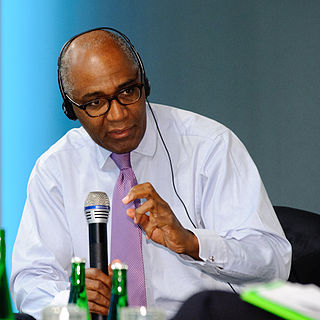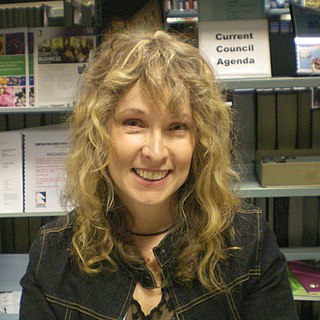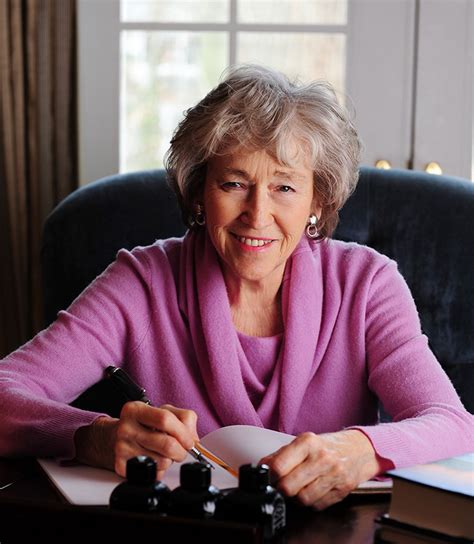A Quote by Sarah Weinman
Although we might think of Holmes as the Ur-sleuth, the seminal inspiration for many writers comes not from the chronicles of Baker Street but from the intricately plotted novels of Charles Dickens and his colleague Wilkie Collins, who in works like 'Bleak House' and 'The Moonstone' established the modern, character-driven mystery novel.
Related Quotes
Wilkie Collins was a rival and competitor of Dickens. His novel Moonstone sold more copies at the time than Dickens' last two books. But that meant nothing in the long run. Right now, to be honest, Wilkie Collins is what he deserved to be back then: a footnote, an almost lost memory. And he knew he would become that.
I remember when I was a kid, I loved Sherlock Holmes. I thought Arthur Conan Doyle was one of the greatest writers, because I felt I knew Sherlock Holmes. He existed to me. When I went to England the first thing I did was go to Baker Street to look for his house. I think you've got to try to make all of your characters as empathetic and realistic as possible.
The writers I care about most and never grow tired of are: Shakespeare, Swift, Fielding, Dickens, Charles Reade, Flaubert and, among modern writers, James Joyce, T. S. Eliot and D. H. Lawrence. But I believe the modern writer who has influenced me most is Somerset Maugham, whom I admire immensely for his power of telling a story straightforwardly and without frills.
Dickens's final book, 'The Mystery of Edwin Drood,' forms the jumping-off point for my new novel, 'The Last Dickens'. This last work by Dickens has very little social commentary and a pretty tightly efficient storyline and cast of characters. Not necessarily what we think of when we think what characterizes Dickens.
I think poets are supposed to be writing for television and film. I grew up in the day of early TV that was so raw and funny, and I think we're in the next important moment of television, where it's really telling the epic of the culture like Charles Dickens was doing in the 19th century with his serialized novels.

































